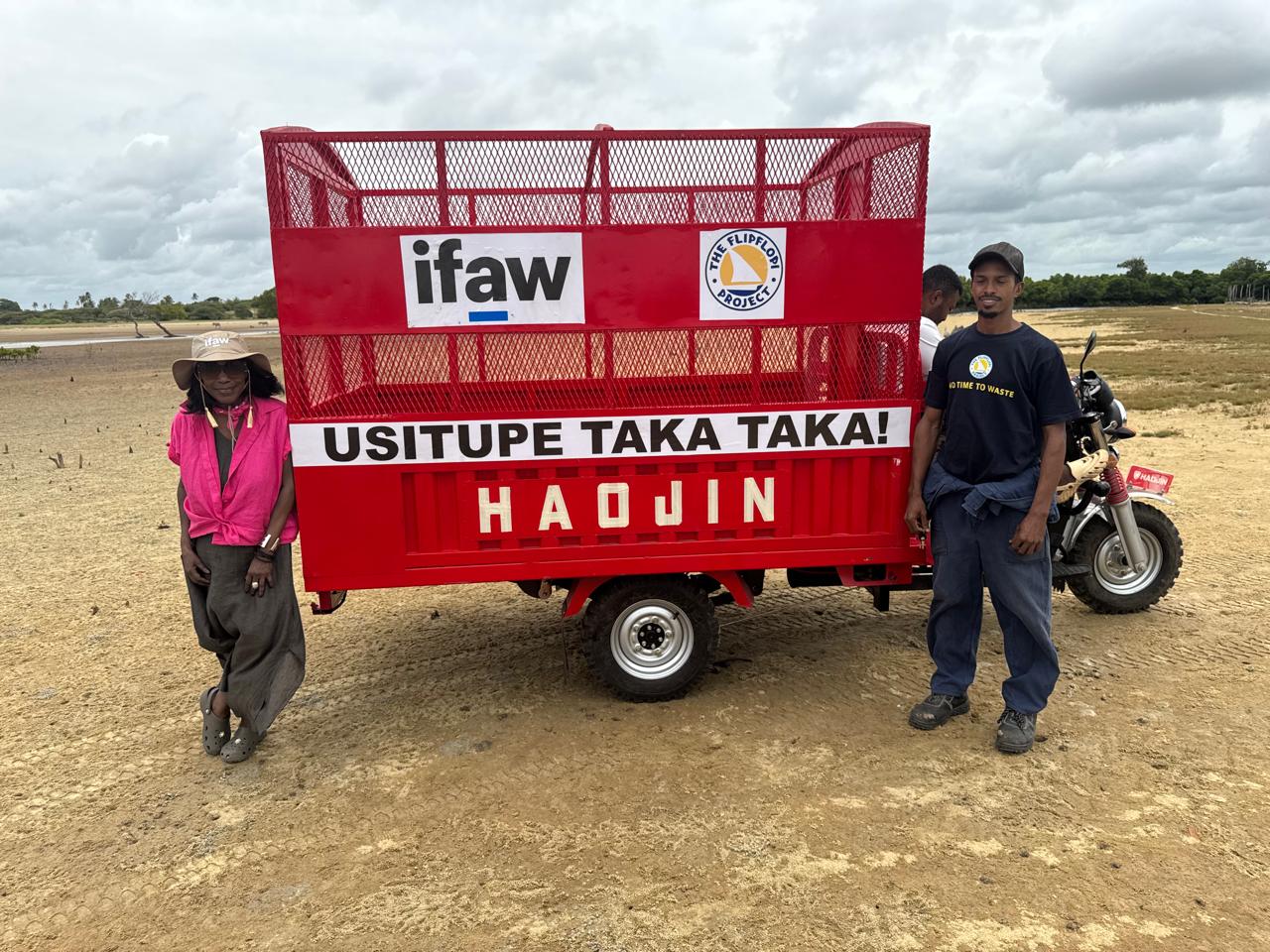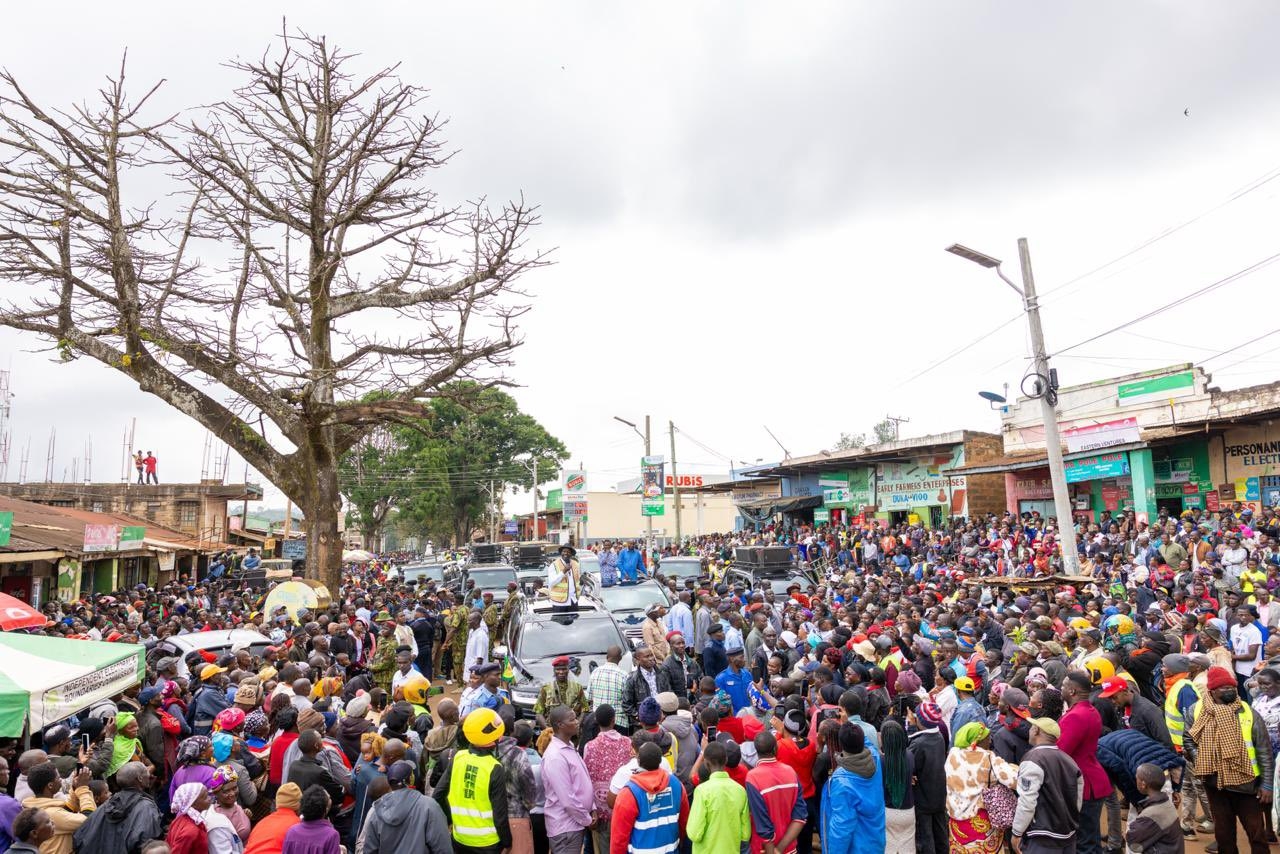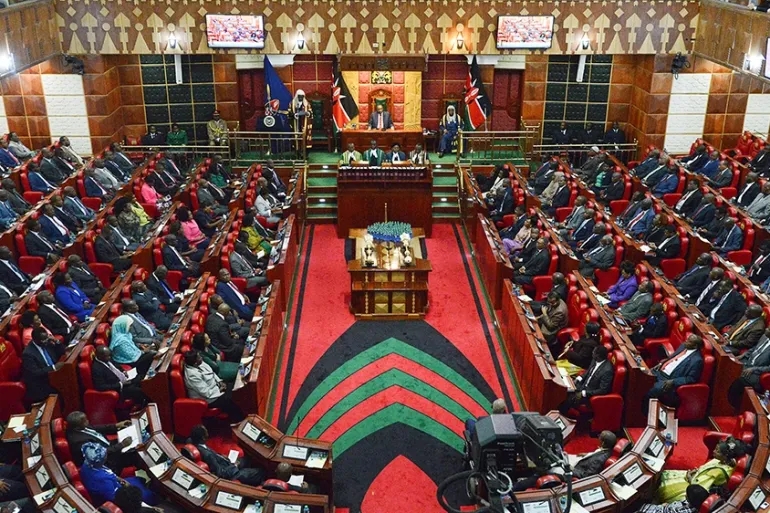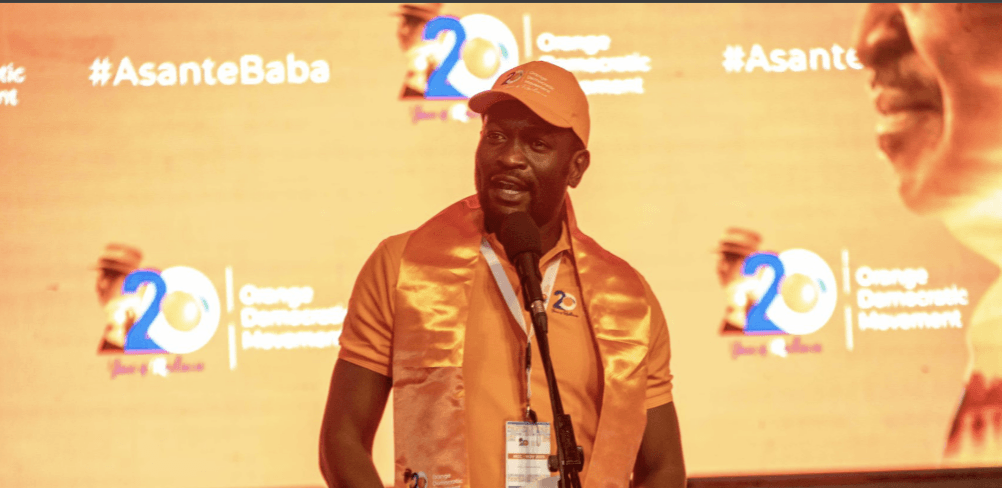

IFAW board member Prof Judi Wakhungu hands over a tuk-tuk to the FlipFlopi project.
Marine conservation experts are raising alarm over growing threats to Kenya’s oceans and coastal ecosystems, warning that unchecked damage could imperil both biodiversity and livelihoods.
They cite multiple pressures, including infrastructure development, vessel traffic, plastic and noise pollution, poaching, unregulated fishing and inadequate data. Climate change is compounding the problem.
“What we are experiencing now globally is climate change, driven by excessive use of fossil fuels,” said Prof Judi Wakhungu, a board member of the International Fund for Animal Welfare.
She noted that oceans, which absorb most of the world’s heat, are warming rapidly. Rising ocean acidity—with pH levels dropping from 8.2 toward 8.1—is damaging coral reefs, which bleach and die when stressed.
“Once corals die, reefs rarely recover. With fewer corals surviving, entire reef ecosystems collapse, threatening species and livelihoods,” Wakhungu explained.
According to the US National Oceanic and Atmospheric Administration, 75 per cent of tropical coral reefs experienced heat stress strong enough to trigger bleaching between 2014 and 2017. For 30 per cent of reefs, the stress was fatal.
Coral reefs support some of the most biodiverse ecosystems, sustaining fish, crabs, shrimp, sea turtles, seabirds and starfish.
They also protect coastlines from storm surges and support fisheries and tourism. Without them, experts warn, food security and economies will suffer.
Pollution is further altering ocean chemistry.
“When we affect the chemistry and temperature of marine environments, it becomes impossible for life systems to be sustained,” Wakhungu said.
She urged expansion of marine protected areas (MPAs) to safeguard biodiversity.
Kenya has five MPAs—Mombasa, Malindi, Kisite Mpunguti, Watamu and Kiunga—all managed by the Kenya Wildlife Service.
But she stressed that IFAW alone cannot meet the challenge.
“It takes spirited experts and local communities working together to secure marine species and their migratory routes,” she said.
Kenya stands at a tipping point.
“We are in an epidemiological transition,” Wakhungu said. “Where once infectious diseases dominated, today it is non-communicable diseases and environmental crises—like marine degradation—that threaten our future.”
Lilian Mulupi, IFAW’s marine programme officer, highlighted ongoing collaborations, including work with the Olive Ridley Project to study sea turtles.
Current data largely focuses on nesting mothers, she said, but ORP divers are cataloguing entire populations using facial scale patterns, unique like human fingerprints. This helps identify individuals and inform conservation strategies.
Plastic waste is another urgent threat. To tackle it, IFAW supports the Flipflopi Project, an East African movement promoting a circular economy and fighting single-use plastics.
The initiative built the world’s first sailing dhow from recycled plastic, created Swahili-inspired furniture from plastic waste and advocates for regional bans on single-use plastics.
“Flipflopi is not just about recycling—it’s about preserving cultural heritage and empowering communities,” said co-founder Dipesh Pabari.
The project has already launched 80 recycled products and is constructing a 100-tonne dhow that can carry 35 people.
However, challenges remain. PET plastics, which Flipflopi cannot yet recycle, must be transported to Mombasa at high cost.
Still, the project is inspiring coastal communities to turn waste into opportunity.
Beyond Flipflopi, IFAW continues to work with multiple partners to support marine species rescue, build community resilience and strengthen government agencies tasked with ecosystem protection.

















